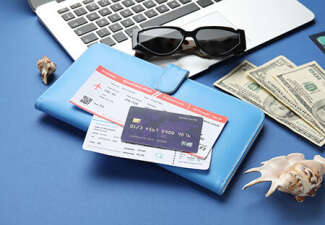The content on this page is accurate as of the posting date; however, some of the offers mentioned may have expired.
It depends on what "high limit" is for you and how bad your credit is. Plus, your credit history is not the only factor that can affect the credit limit on your new credit card. Such factors as your income and balances on other active credit cards (if you have any) can also be the reasons why you may be offered a credit card with a low credit limit.
If it's only poor credit that prevents you from getting a high credit limit on a credit card, then you should understand how bad your credit is, why it is bad, and what you can do about it. A bad or poor credit score range is 300 to 579†. The reasons for having bad credit can be different. You may have poor credit because of bad moves in the past, like late or missing payments, going over the limit, or even bankruptcy. Or your credit might be poor simply because you have a thin credit file, meaning you haven't had credit accounts long enough to build credit.
If you damaged your once good credit to poor credit, it will be harder to get a high limit credit card, as lenders will consider you as a high-risk customer. In this case, we would recommend you start slow. It might even be a secured credit card to help you build credit. Secured cards usually require a minimum refundable security deposit that will become your line of credit, but you can always put more than a minimum to have a higher credit limit available. For example, with the First Latitude Assent Secured Mastercard®, you can increase your security deposit up to $5,000.
If you are just starting your credit journey and your credit score is close to 579 or even higher and you have no late or missed payments, you can consider credit cards for fair credit. These cards may come with higher credit limits or offer opportunities to increase your starting credit limit. For example, the Indigo Mastercard comes with a guaranteed $1,000 credit limit.






